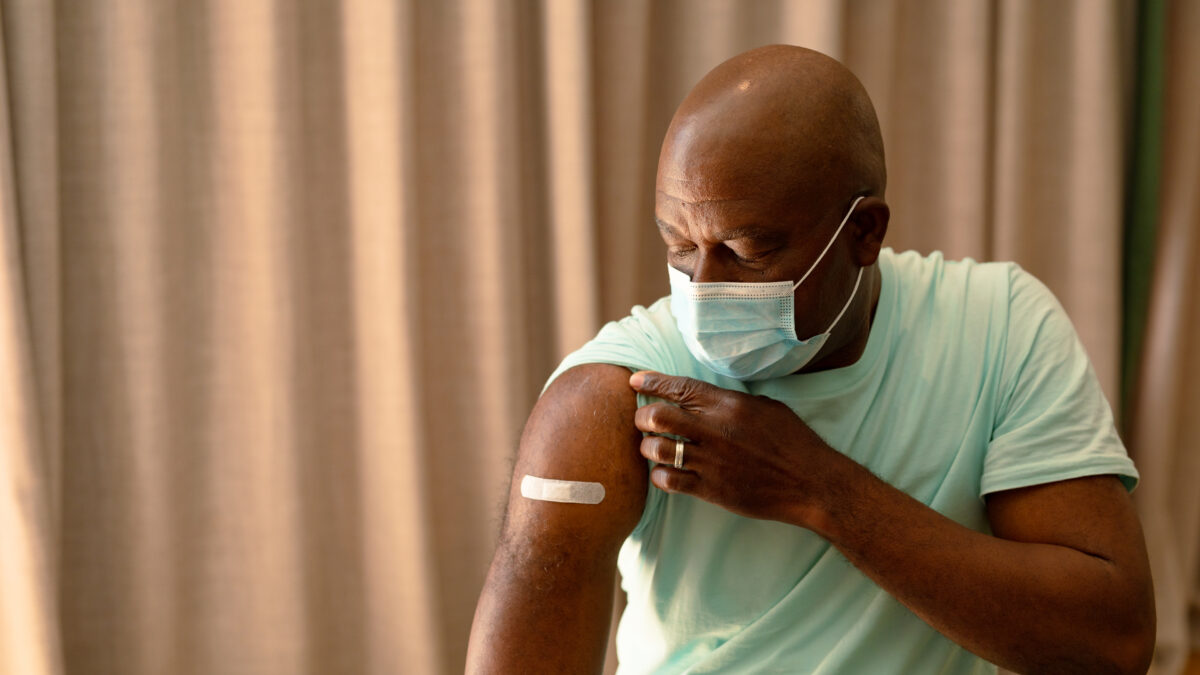Holes in clinical trials data could be keeping people of color from accessing the medication they need.
While Black and Latino Americans are more likely than whites to develop certain diseases, they are far less likely to participate in clinical research. That means clinical trials data often underrepresents Black and Latino patients’ experiences, even if the drug being tested treats a disease that is prevalent among communities of color.
Experts should be realistic about clinical data’s shortcomings, but one prominent health economics organization is not. That’s the Institute for Clinical and Economic Review.
ICER, as the organization is known, assesses new drugs and diagnostics for cost effectiveness. That includes treatments for diseases such as diabetes and high cholesterol, which have high prevalence in communities of color. Nevertheless, the economists at ICER rely overwhelmingly on clinical trials data.
Two current ICER assessments highlight the problem.
ICER has recently undertaken a review of a new treatment for Alzheimer’s disease. Black Americans are twice as likely to develop Alzheimer’s disease, and Latinos are 50% more likely. But clinical trials exploring Alzheimer’s treatments rarely attract diverse participants.
Cardiovascular disease provides another example, as ICER is also currently reviewing medications for high cholesterol. Black Americans have higher rates of heart disease and its leading risk factors, including obesity and hypertension, as compared to whites. Yet just 2.5% of participants in global trials for cardiovascular disease treatments are Black.
When ICER determines that a drug is not cost effective, the decision can impact how health plans cover the drug for beneficiaries. This includes beneficiaries of color – even though the data used to justify ICER’s decision doesn’t reflect their experiences.
“Using incomplete data to inform cost-effectiveness reports that are used to restrict treatment access can only cause further harm to already vulnerable patients,” noted Malcolm Fraser, MD, CMD, who is the medical director for several nursing homes in greater Denver, Colorado. “It’s irresponsible to ignore the unequal and possible increased burden of disease on certain ethnic groups.”
“Minorities are likely underrepresented in the clinical data being used to assess new treatments,” said Dharmesh Patel, MD, a cardiologist and president of the Partnership to Advance Cardiovascular Health. “And now that data will be used to keep breakthrough medications from them, too.”
Advocacy organizations have repeatedly called upon ICER to adjust its approach so that assessments can incorporate more real-world data and lean less heavily on clinical trials research that puts communities of color at a disadvantage.




